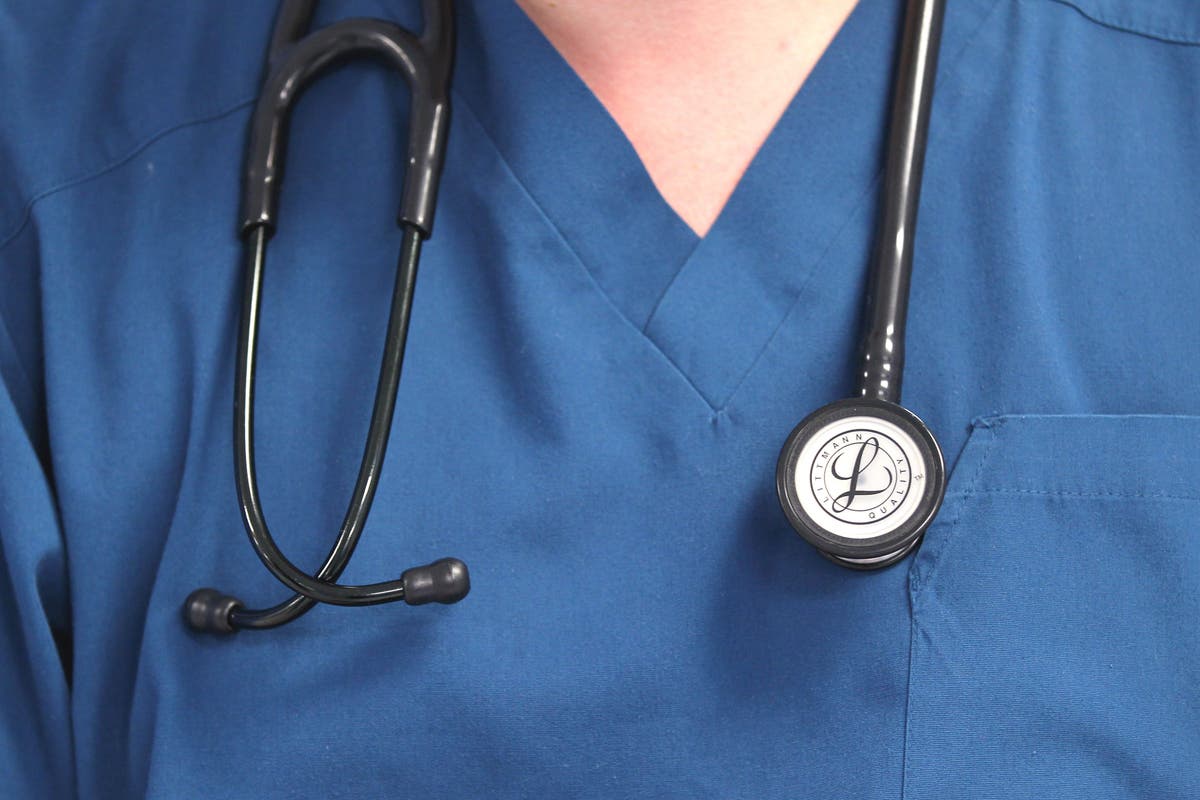Physician associates ‘pose a risk to patient safety’ leading medics have said after a new poll showed the vast majority of doctors in the UK are concerned about the expansion of the positions in the NHS.
A poll of 18,000 UK doctors found 87% believe the way physician associates (PAs) or anaesthesia associates (AAs) work in the NHS is “always or sometimes a risk to patient safety”.
The majority (86%) also said patients are not aware of the difference between doctors and PAs or AAs.
Patients deserve to know who is treating them and the standard of care they are going to receive
Dr Phil Banfield
The British Medical Association (BMA), which conducted the poll, said this could lead to “immense scope for patient confusion”.
“The blurring of this distinction between doctors and non-medically qualified professionals can, and has, led to fatal consequences,” the BMA has said previously.
The Government will lay legislation on Wednesday to allow PAs and AAs to be regulated by the General Medical Council (GMC).
Officials said the move will “improve patient safety” and support plans to expand the use of medical associates in the NHS.
But the BMA has said that using the doctors’ watchdog to regulate PAs and AAs will “add further, dangerous confusion to the situation”.
The union said some 10,000 doctors have written to their MPs to ask them to oppose the legislation.
Professor Philip Banfield, BMA chair of council, said: “Doctors in the UK have been growing more and more worried about the consequences of the Government’s plan to expand the number of PAs and AAs in England. Here are numbers that show the shocking scale of that concern.
“If well defined, associate roles can play an important part in NHS teams, but the Government has refused to give associate roles that definition.
“Patients deserve to know who is treating them and the standard of care they are going to receive.
“By blurring the lines and allowing a situation where PAs can act beyond their competence without the public understanding what they are qualified to do, both professions are demeaned and risk losing crucial public trust.
“This week Government has continued to press ahead with plans to regulate PAs as if they are doctors – using the GMC. At every stage we have been clear that the GMC is the wrong regulator for medical associate professionals: it is the body for regulating doctors, which these staff are not.”
He added: “By giving the impression that PAs can do what doctors can do, the Government is risking yet more patient safety incidents along the lines we have already seen.
“There is still time for the Government to reverse course and finally listen to the medical professionals who know what they are talking about. The BMA will continue to oppose this dangerous path every step of the way.”
Both PAs and AAs are set to play a larger role in the health service in England under workforce plans for the next 15 years.
At present there are more than 3,500 PAs, 150 AAs and 6,800 nursing associates registered in the UK.
PAs and AAs usually undergo a three-year undergraduate degree followed by two years post-graduate training.
Health Education England has stressed that their role and clinical duties “cannot, and will not, be as extensive as those of a doctor” and NHS England’s top doctor has previously said there is “no plan to replace doctors” with lesser qualified staff.
The Department of Health and Social Care has been approached for comment.

William Turner is a seasoned U.K. correspondent with a deep understanding of domestic affairs. With a passion for British politics and culture, he provides insightful analysis and comprehensive coverage of events within the United Kingdom.








